Join us in welcoming Daniel Ramírez Escudero, Tafelmusik’s new oboist! Born in Mexico City, Daniel is a specialist in period oboes. In 2008, he left his post with the Mexico City Philharmonic Orchestra and moved to Barcelona to specialize in historical oboes. He continued his studies at the Conservatorium van Amsterdam, where he completed a master’s degree under Alfredo Bernardini. Daniel has collaborated with internationally acclaimed ensembles including Concerto Copenhagen, Orquestra Barroca Catalana, Wrocław Baroque Orchestra, La Tempestad, Ensemble Zefiro, Il Pomo d’Oro, and Holland Baroque, among others. Since 2022, he has been a member of Pérgamo Ensemble.
We chatted with Daniel about everything from childhood Disney movies to his favourite cuisine, as well as his first experience as a TBSI faculty member.
You can catch Daniel live in Mozart 40 & Schubert 5, our opening concerts of the season on September 26, 27, & 28 at Koerner Hall.
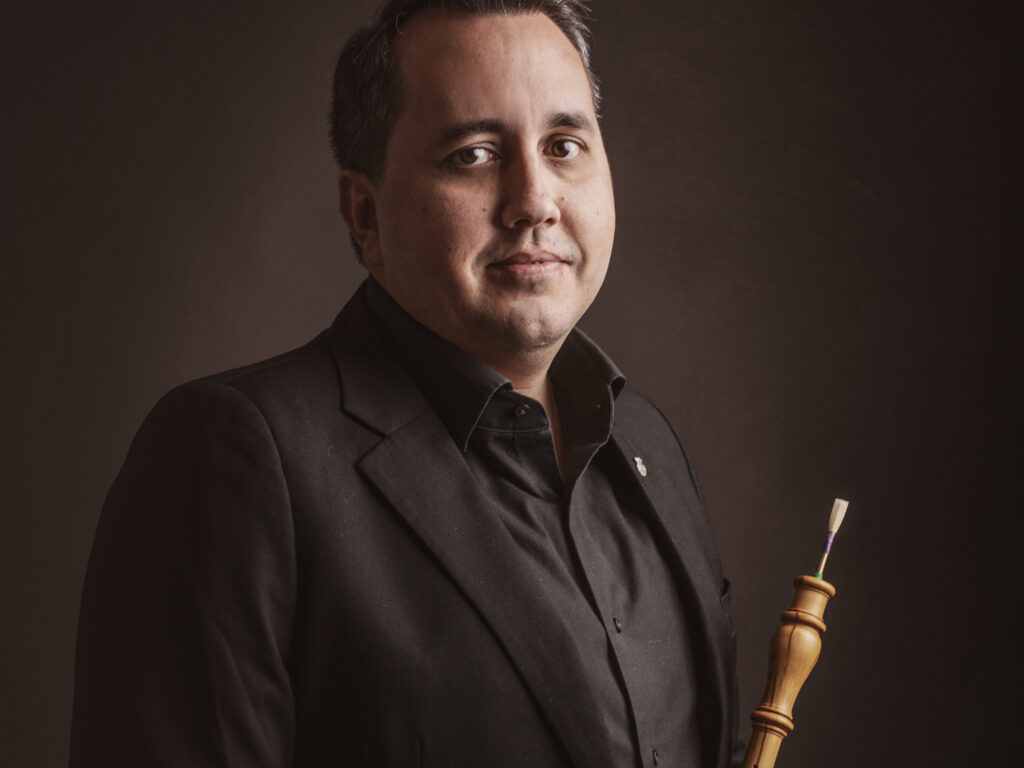
How did music first enter your life?
Well, I grew up surrounded by music and arts in general. My father is a musician, and when I was little, I used to say that I wanted to be a ‘mucisist’ like my dad (besides pilot, astronaut, and firefighter, of course). I began music school at age 6 playing the piano.
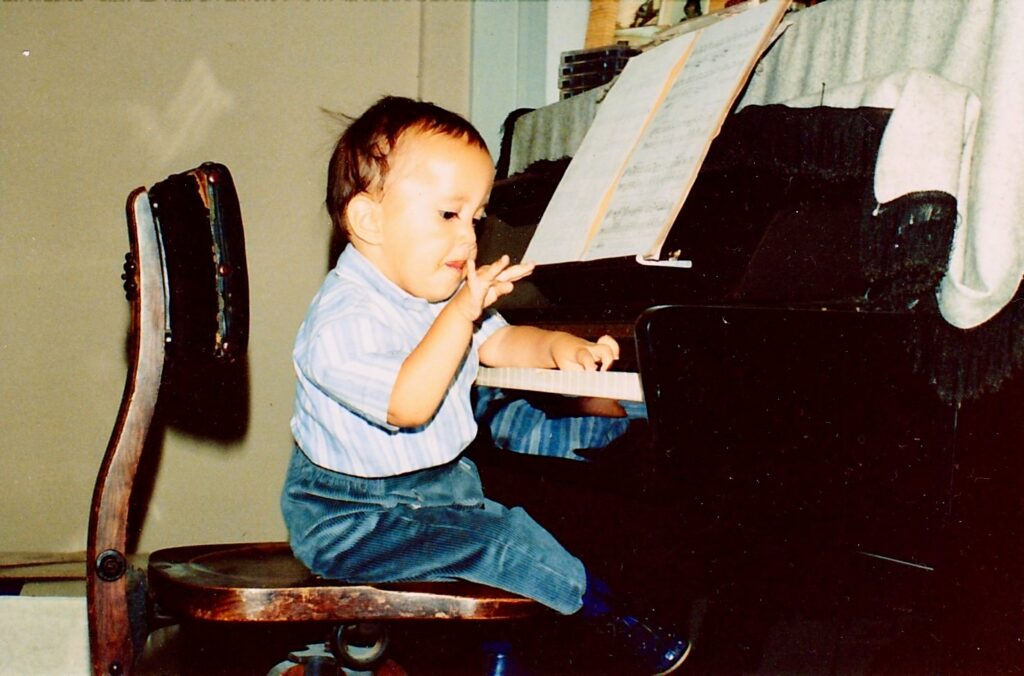
How did you come to the oboe and the world of historically informed performance?
After three years of playing the piano, the time came for me to choose another instrument. By then, I had a healthy obsession with a 1946 Disney movie featuring Prokofiev’s Peter and the Wolf, and I loved the duck character, starring the oboe. As you can imagine, the decision was not difficult.
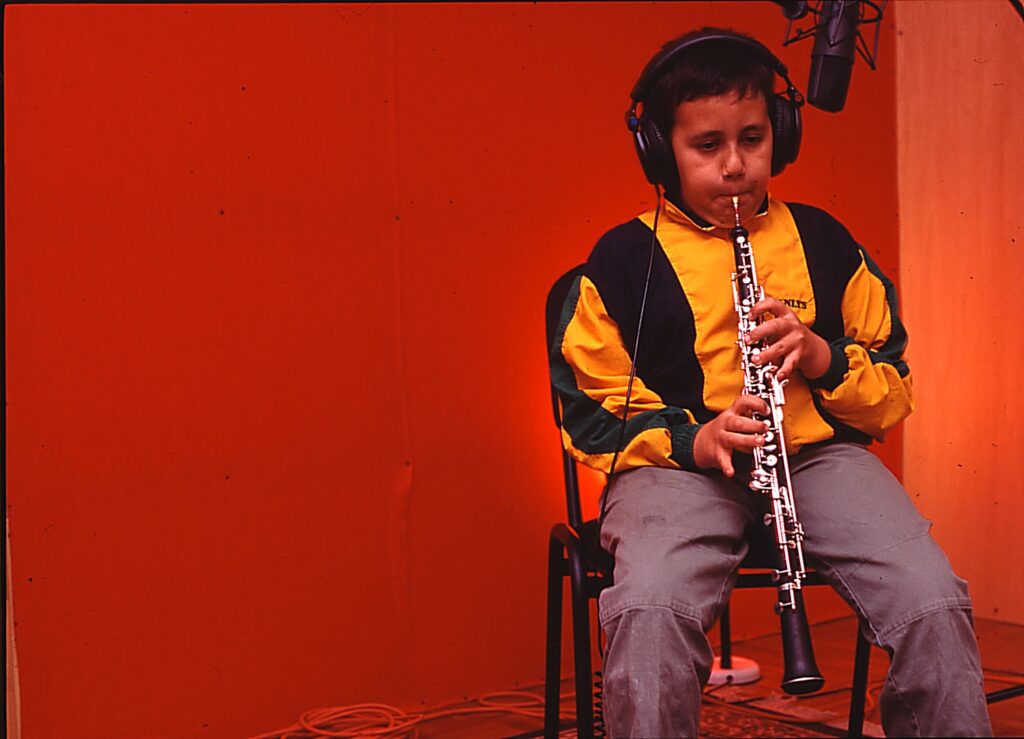
Many years later, when I was doing my bachelor’s degree in modern oboe, I started digging into historically informed performance, listening to CDs and meeting people in Mexico who knew a little about that world. The following school year, a new chamber music teacher arrived at my school. He plays the harpsichord, and his wife is a baroque oboist. It was thanks to them that I could dig deeper into baroque oboe, and finally I decided to move to Europe to study with baroque oboist Alfredo Bernardini. By the way, I still have that Peter and the Wolf VHS tape!
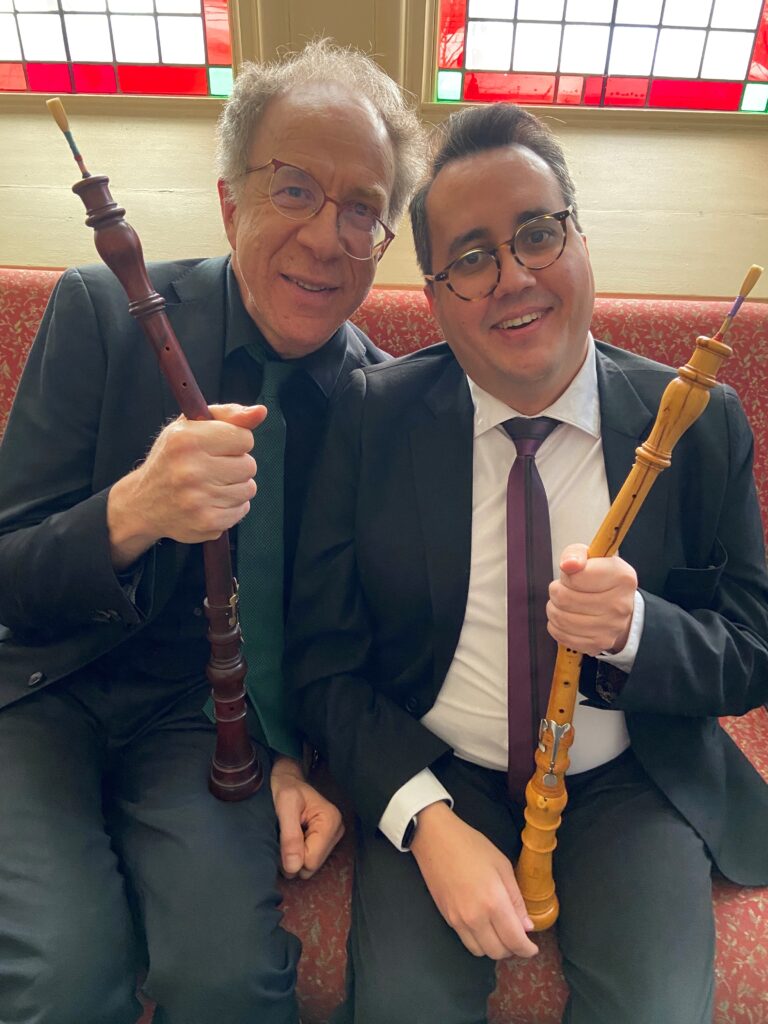
As a musical globetrotter, tell us a bit about your musical journey from Mexico City to Barcelona.
The plan never was to stay in Mexico. I wanted to go to the US to do a master’s in English horn, but the baroque oboe won that round, and I moved to Barcelona instead. I chose Barcelona because Alfredo Bernardini was there at the time, and I really wanted to meet him. Lucky for me, my mother lives in Barcelona, so it was easier than it would have been if she didn’t. Once in Barcelona, and after a couple of years studying, I started to play my first gigs, and a whole new world opened up for me: travelling to different countries, seeing places I would have never imagined, meeting wonderful people from so many different places, and hearing new languages. Of course, not everything is pretty, but I have no regrets about this journey.
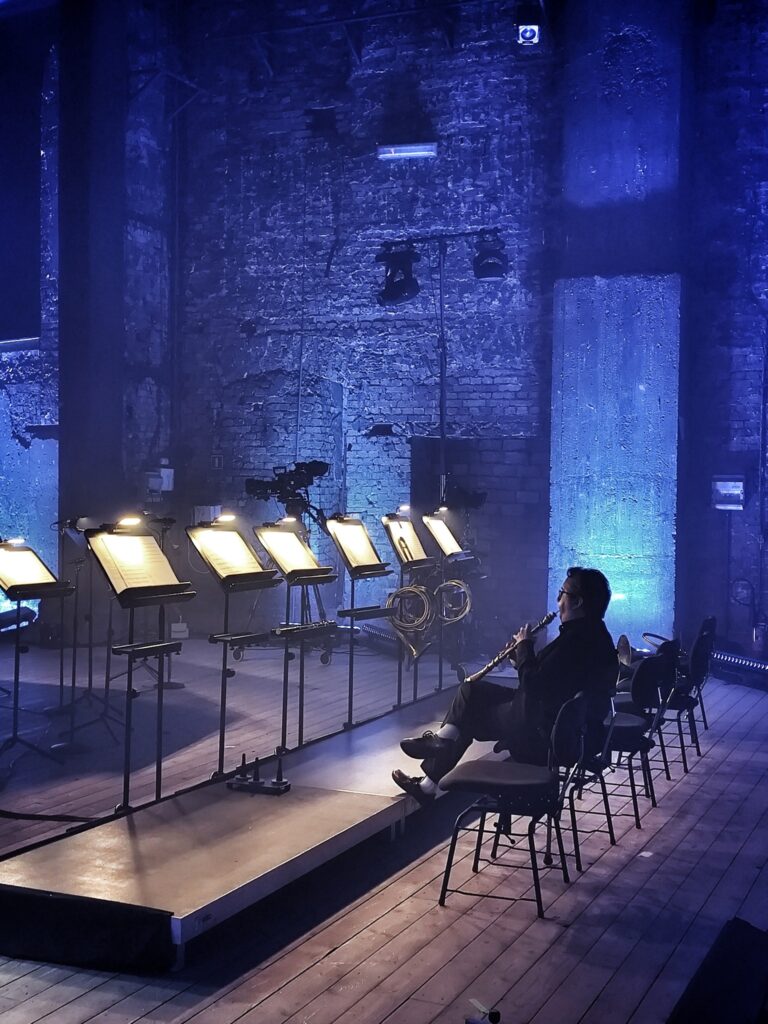
What music have you been listening to most recently, baroque or otherwise?
Most recently, it has to be Kase.O, a Spanish rapper, but I like a bit of everything: Clapton, BB King, Pat Metheny, Rush, Coltrane, AC/DC, Ruben Blades, and I could go on. Everything started when I was about 12 with The Beatles.
Before auditioning for the oboe position, to what extent was Tafelmusik on your radar?
It was very much on my radar! I have a few friends in Europe that are alumni of the Tafelmusik Baroque Summer Institute, and I found some CDs of Tafelmusik back when I was first getting to know historically informed performance.
We were thrilled to have you on the faculty of Tafelmusik Baroque Summer Institute in June! What was that first TBSI experience like for you?
Oh, it was so good! First of all, a huge thanks to Charlotte Nediger (TBSI Artistic Coordinator) and to every single person on the team that makes it possible. It was very rewarding to see the students progress during the lessons and coaching sessions. It was also special because I had the opportunity to get to know some of my new workmates in the orchestra a little better.
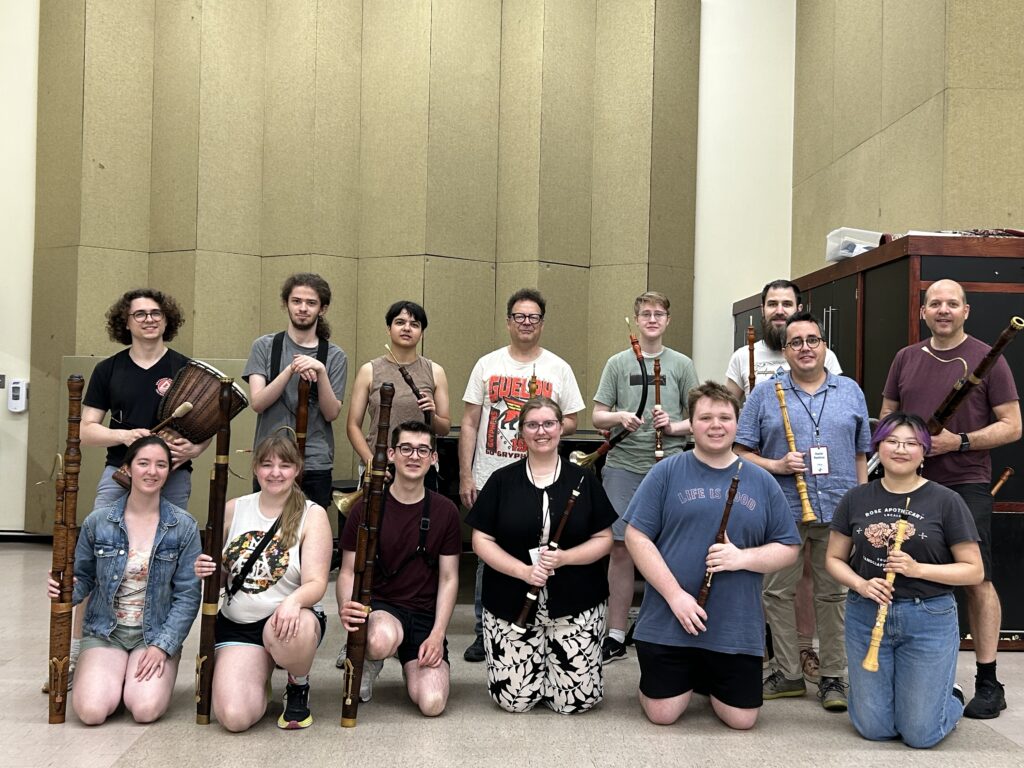
There’s growing interest in baroque music from Mexico, Peru, Guatemala, and other south and central American countries. Has interest in this repertoire spread to Europe?
Unfortunately, no. Europe is currently focused on recuperating its own forgotten music. Personally, I have not explored this repertoire yet, but we know the archives because a lot of Spanish music can only be found in Latin American cathedrals.
If music had not been possible as a career, what would you most likely be doing now?
I would probably be cooking or doing something related to restaurants.
We’ve heard through the grapevine that you’re an excellent cook. What are your specialities?
[Laughs] I would like to state for the record that I’ve never said that I’m an excellent cook. I do love cooking, and besides Mexican food, Italian cuisine has a special place in my heart because of its surprisingly difficult and delicious simplicity. My three “go-to” dishes would be Spanish omelette, alambre tacos, and risotto.
What do you most look forward to discovering in Toronto?
Food, of course. As a super multicultural city, I’m convinced that the food scene in Toronto must be impressive, both in variety and authenticity.

